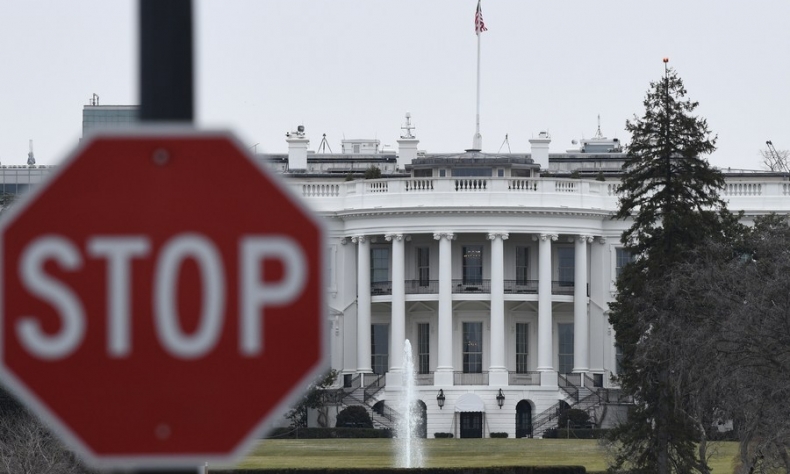US Talk of Human Rights Disguises Its Pursuit of Hegemony

What is freedom worth if there is no guarantee of life or protection? Ultimately, the U.S. is using talk of human rights and its own mythology of exceptionalism as a cover for its agenda of seeking hegemony.
Last week, China’s Foreign Ministry Spokesperson Zhao Lijian condemned the U.S. State Department for its 2021 Country Reports on Human Rights Practices which attacked China regarding its political system and human rights situation. Zhao stated that the U.S. government smears and denigrates China and consistently attacks other places around the world through such reports, in an “attempt to style itself as a judge and role model on human rights.”
Foreign policy “powered by” human rights
Zhao’s comments point to an important fact about how American foreign policy functions. The United States presents itself to its own public as a morally benevolent and superior country which acts as a force for good in the world. As a result, it disguises its foreign policy interests and goals in light of these moral inclinations, constantly seeking to frame a narrative of global struggle between “good and evil” or “democracy and authoritarianism” and claiming that freedom and liberty is under threat while ramping up mass hysteria. Taking hold in the mid-20th century with the Cold War, this narrative has long been consistent – only the target has changed.
In conjunction with this, especially since the collapse of the Soviet Union in 1991 and the era of U.S. unipolar hegemony, the United States has in turn frequently used human rights discourse in order to advance its geopolitical goals. Enemies of the United States are accused of engaging in “human rights abuses” and through a network of sponsored think tanks, scholars and media contacts, the U.S. successfully generates public support through various policy options by inciting public outrage and negative will, creating a discourse of something needing to be done. This has been utilized to promote wars, regime change and sanctions over the years.

Hypocrisy and double standards
Saying that the U.S. uses human rights as a pretext to legitimate its foreign policy interests through the lens of moral exceptionalism, Zhao further pointed out that “domestic human rights protection is an empty promise the U.S. has never fulfilled.” This is true both at home and abroad. If a country is an ally of the United States, then its human rights abuses are ignored and effort is made to minimize coverage.
However, on the other hand, the U.S. itself is not “benevolent” at home. This includes sporadic and daily gun violence, such as the recent shooting in a New York subway station, how the weaponization of anti-China sentiment has led to a surge in Asian hate crimes which have claimed multiple lives, as well as violence and discrimination against other ethnic minorities, and the inhumane treatment of migrants at the Mexican border.
In addition, America’s wars around the world have also been extremely costly and devastating in terms of their impact on human life. Conflicts in Iraq and Afghanistan have led to the wholesale killing of civilians, such as a drone strike during the withdrawal from Kabul which killed several children, as well as the later freezing of Afghanistan’s national financial reserves which has also contributed to poverty, famine and a humanitarian crisis.
All of these events are a reminder that the ideology of “freedom” in America’s understanding of the term does not necessarily equate with “human rights.” That’s not to mention the fact that up to 1 million Americans have died from COVID-19. What is freedom worth if there is no guarantee of life or protection? Ultimately, the U.S. is using talk of human rights and its own mythology of exceptionalism as a cover for its agenda of seeking hegemony.
 Facebook
Facebook
 Twitter
Twitter
 Linkedin
Linkedin
 Google +
Google +







